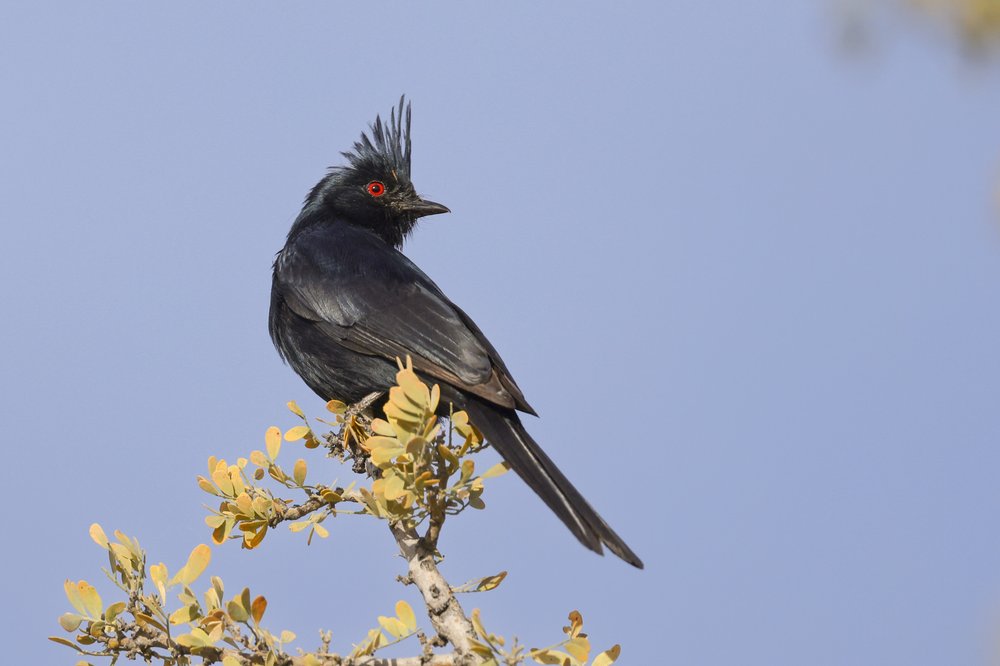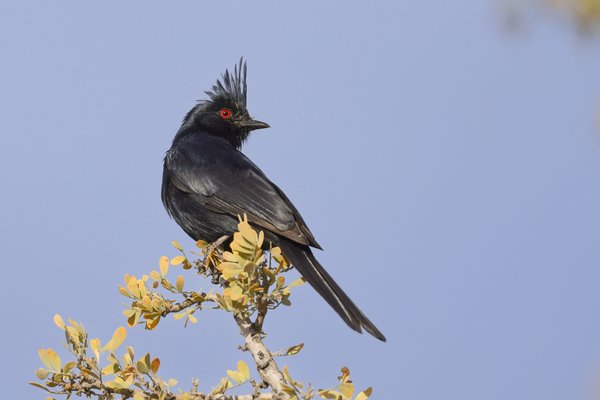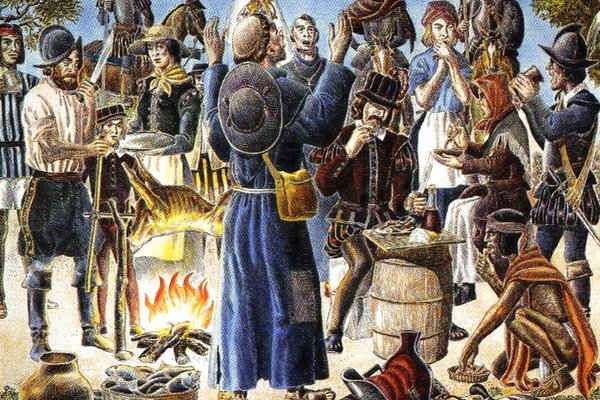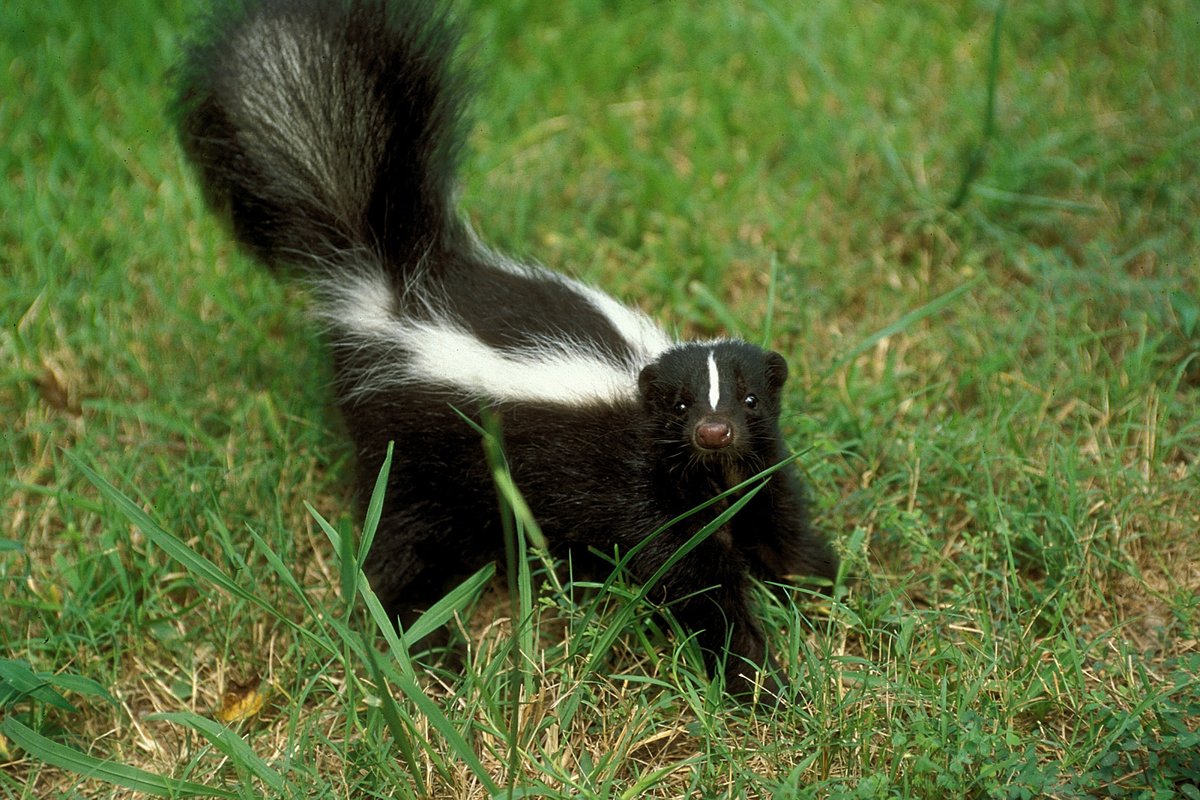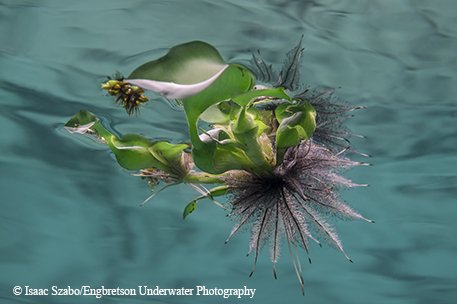We were driving on our hunting lease west of the Pecos River when my wife exclaimed: “Phainopepla! Phainopepla!” What was she talking about?
Actually, she had just spotted a rare bird for Texas, Phainopepla nitens, whose glossy black plumage and erect topknot account for one of its common names, black cardinal.
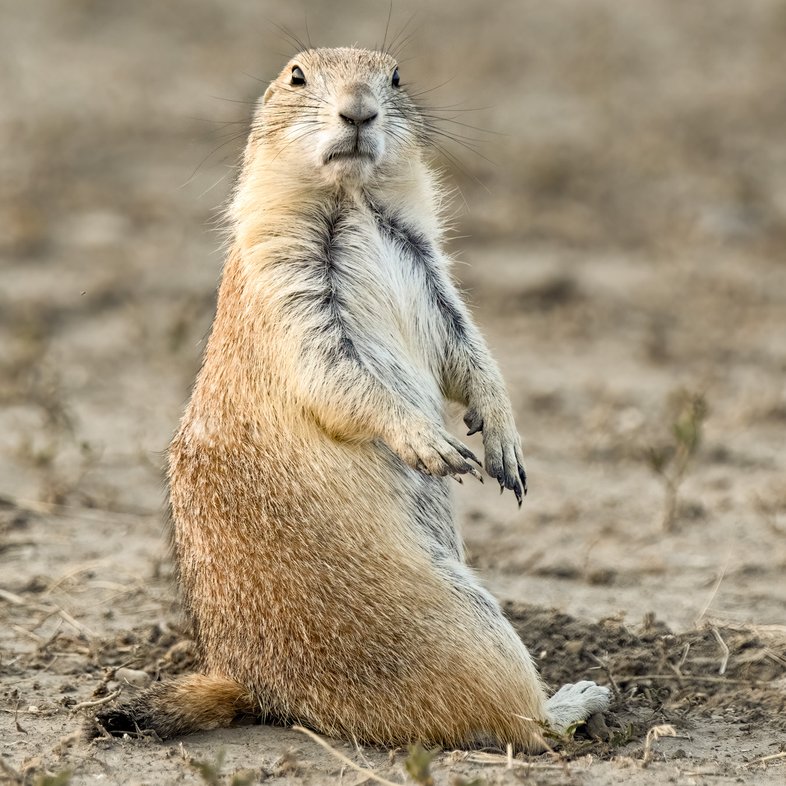
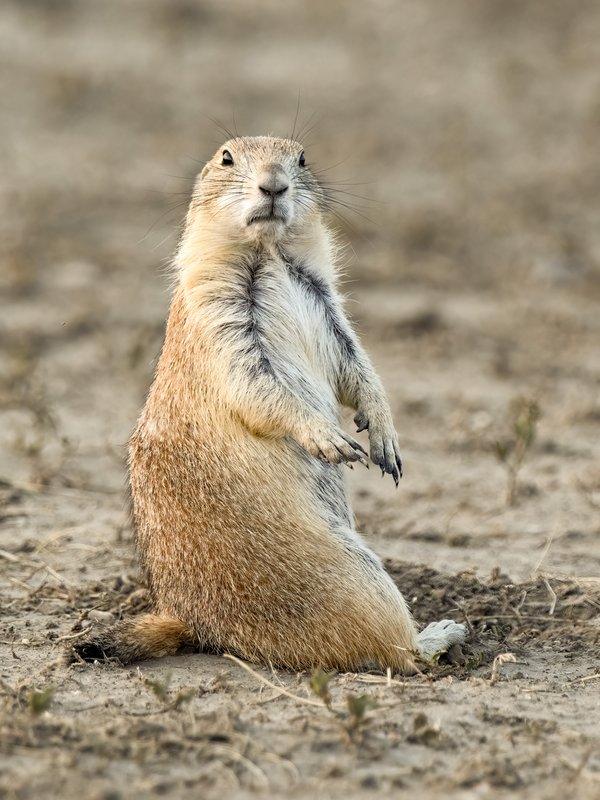
You talkin' to me? Prairie dog or sod poodle?
Photo by Rob Curtis | The Early Birder
You talkin' to me? Prairie dog or sod poodle?
Photo by Rob Curtis | The Early Birder
Names are a handy shorthand for communicating identity, but both parties have to be on the same page.
Most of us use common names for plants and animals, and those names can vary quite a bit from person to person: One person's crappie can be someone else's sacalait. A freshwater drum to me may be a gaspergou to you. A goose in the Panhandle may be a ganso in deep South Texas.
Scientists deal with this problem by having a unique name for every unique, individual thing. For that we have Carl Linnaeus (1707-1778) to thank.
The rest of us just have to muddle along, calling channel catfish caught from stock ponds mud cats because of their taste, as I did growing up. But some people also call blue catfish channel cats, since the two species have a number of similar characteristics. Neither are easily confused with flathead catfish, but here we go again, with that species variously called yellow cat, Opelousa cat (or Ops), pied cat, Mississippi cat, mud cat or shovelhead cat.
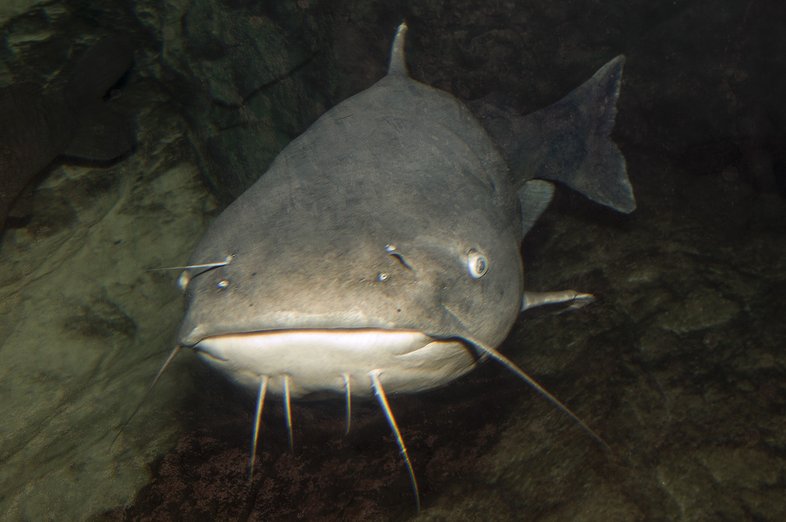
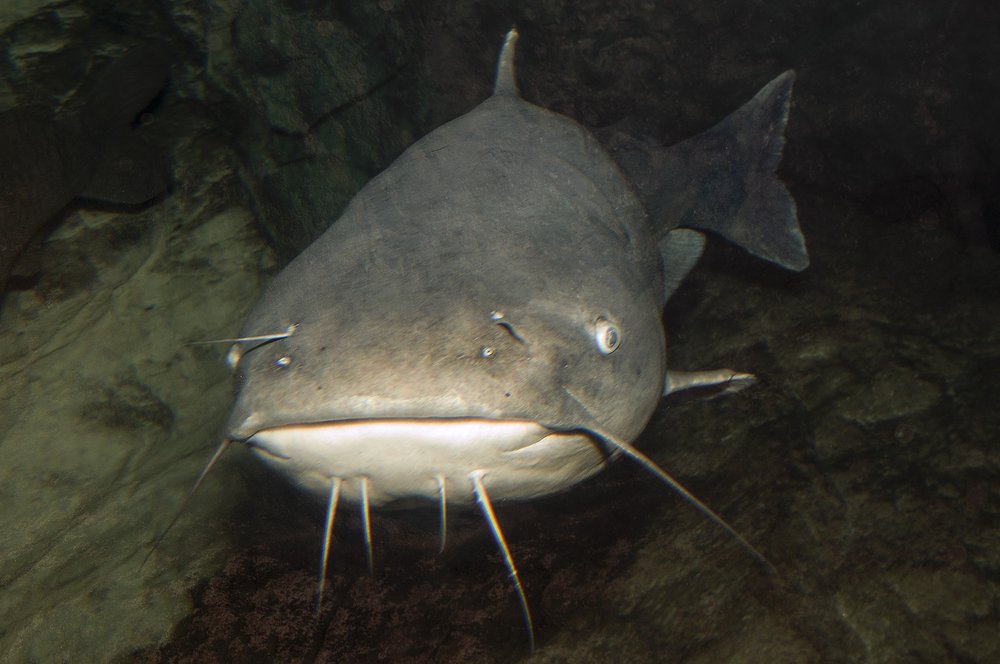
Channel catfish or mud cat?
Photo by Robert S. Michelson
Channel catfish or mud cat?
Photo by Robert S. Michelson
There are many fish in the water, and many names for those fish. While some call the freshwater drum a sheepshead, there is a saltwater fish often called by the same name, and you don't want to find yourself trying to explain to a judge why you didn't know the difference. Many common names are based on appearance, as is the case with white crappie and black crappie, sometimes called white perch or calico bass. While both have black on their sides, the black on white crappie is arranged in vertical bars, while the black crappie has random black splotches. And what's with that Cajun name, sakalait (sac-à-lait)? Literally translated “bag of milk,” it supposedly refers to the fish's white flesh — not at all helpful — but actually comes from a Choctaw word, sakli, meaning “trout.”
And trout? Early European visitors to Texas remarked on the “green trout” found in many streams. Today we call them largemouth bass (or black bass, or Florida bass, or shoal bass, or Suwannee bass). And they aren't really bass: They are actually members of the sunfish family along with bluegills (bream, perch). True bass include saltwater species such as striped bass (striper, rockfish, lineside) and freshwater species such as white bass, also called sand bass (and barfish, streaker, silver bass).
Common names live up to their name: they're ubiquitous. Is that a redfish, a red drum, or a bull red? It depends on who's talking. Texas tortoise or Tamaulipan tortoise? Depends on which side of the Rio Grande you're on. Whitetail or venado? Depends on what language you're using.
Nicknames and common names abound across all living things: plants, insects, birds, mammals and more. Yellow-rumped warblers are called butter butts. Spiderlike harvestmen have such distinct appendages that most of us call them daddy longlegs. Prairie dogs, as evidenced by the Amarillo minor-league baseball team, were called sod poodles by pioneer settlers.
Although common names can be confusing, not many of us are versed in Latin or Greek and able to remember thousands of scientific names. And sometimes it's refreshing (and educational) to be confounded by someone yelling “Phainopepla! Phainopepla!”
